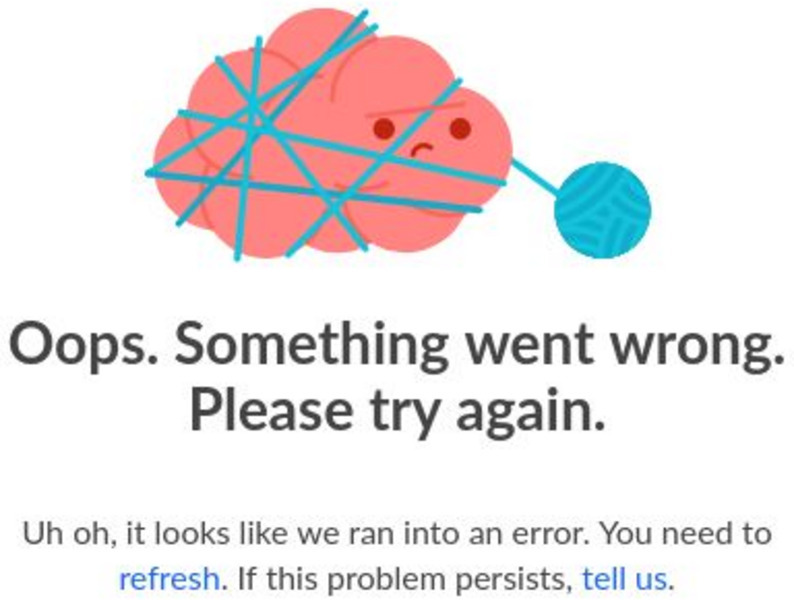Hi, what do you want to do?
Amoeba Sisters
Cell Membranes and Transport: Before the Bell Biology
Time before the bell to try several cell membrane and transport questions with the Amoeba Sisters? You'll also get answers complete with illustrations and explanations while chill music plays in the background. It's a valuable way to use...
Amoeba Sisters
Sodium Potassium Pump
Explore the sodium potassium pump (Na+/K+ pump), with the Amoeba Sisters! This video talks about why this pump is needed and provides an overview of this type of active transport. Table of Contents: 00:00 Intro 0:48 Introducing the...
Amoeba Sisters
Inside the Cell Membrane
Explore the parts of the cell membrane with The Amoeba Sisters! Video discusses phospholipid bilayer, cholesterol, peripheral proteins, integral proteins, glycoproteins, and glycolipids - as well as why the surface area to volume ratio...
Curated Video
Active Transport: Moving Substances Against Concentration Gradient
This video explains the concept of active transport, which is the movement of substances from a more diluted concentration to a more concentrated concentration against a concentration gradient. The video provides examples of active...
Amoeba Sisters
Inside the Cell Membrane
Without the cell membrane, our cells just couldn't keep it together! What else does this multifunctional membrane do? Take a deeper look at the fluid mosaic model using a video from an expansive biology playlist. Topics include embedded...
Amoeba Sisters
Cell Membranes and Cell Transport
Cells are busy places! How do things move around in such a tiny environment? Introduce young life scientists to the types of cellular transport through a video that is part of a large biology playlist. Animated characters demonstrate how...
FuseSchool
Transport in Cells: Diffusion and Osmosis
Do cells breathe? An installment in the Fuse School series of videos describes how cells take in the nutrients they need and release the waste they don't need. It highlights the process of diffusion and osmosis.
FuseSchool
Transport in Cells: Active Transport
Human kidneys use active transport to hold on to glucose and sodium ions inside the kidneys. Another installment of the Fuse School playlist introduces active transport in cells. It describes why it is necessary and the unique process...
Ricochet Science
Active, Passive, and Bulk Cell Transport
How do you get there from here? Explore the three main types of transport within a cell: active, passive, and bulk transport. Reinforce concepts of previous videos with this ninth video of a 10-part series.
Eastern Kentucky University
Eastern Kentucky University: Human Physiology: Cell Structure and Function
Extensive biology course material on cell structure and function, that is enriched with videos and images to demonstrate the processes being explained.
Khan Academy
Khan Academy: Diffusion and Osmosis
Learn about diffusion, osmosis, and concentration gradients and why these are important to cells. [18:58]
Khan Academy
Khan Academy: Facilitated Diffusion
Video tutorial helps with understanding how channel proteins and carrier proteins can facilitate diffusion across a cell membrane (passive transport). [6:34]
Khan Academy
Khan Academy: Uniporters, Symporters and Antiporters
Video tutorial presents a review of various forms of passive and active transport. [7:12]
Khan Academy
Khan Academy: Exocytosis
Video lesson provides an introduction to exocytosis, how the cell transports molecules (such as proteins) out of the cell. [4:16]
CPALMS
Florida State University Cpalms: Florida Students: Cellular Transport: Role of the Cell Membrane
A tutorial about the function of the cell membrane as a selective barrier that moves material into and out of the cell to maintain homeostasis.
Khan Academy
Khan Academy: Permeability and Membrane Potentials
Find out why a cell that is permeable to multiple ions has a membrane potential that is influenced by the ion with the highest permeability. Rishi is a pediatric infectious disease physician and works at Khan Academy.
Sophia Learning
Sophia: Cell Transport
A narrated tutorial describing the three different kinds of cellular transport: diffusion, osmosis, and facilitated diffusion. Includes descriptive illustrations, analogies, and examples. [13:28]
Howard Hughes Medical Institute
Hhmi: Bio Interactive: Diffusion Across Membranes
Resource offers a great explanation and animation of the processes of active and passive transport across cell membranes.
Khan Academy
Khan Academy: How Do Things Move Across a Cell Membrane?
Learn how different compounds are able to move across the cell membrane to get where they need to go. [11:50]
Sophia Learning
Sophia: Diffusion: Lesson 5
This lesson will explain how substances move across a cell membrane through the process of diffusion as well as discuss why this process is important in our bodies. It is 5 of 8 in the series titled "Diffusion."
Crash Course
Crash Course Biology #5: In Da Club Membranes and Transport
Hank describes how cells regulate their contents and communicate with one another via mechanisms within the cell membrane. [11:44]
Cells Alive
Cells Alive!: Phagocytosis
Real pictures of one type of endocytosis, commonly known as phagocytosis. The site also includes a brief video.
Khan Academy
Khan Academy: Energy and Transport: Unit Test
Take this nine-question unit test over energy and transport.
Khan Academy
Khan Academy: Energy and Transport: Osmosis
Osmosis of water from an area of lower to an area of higher solute concentration across a semipermeable membrane. [8:03]

























